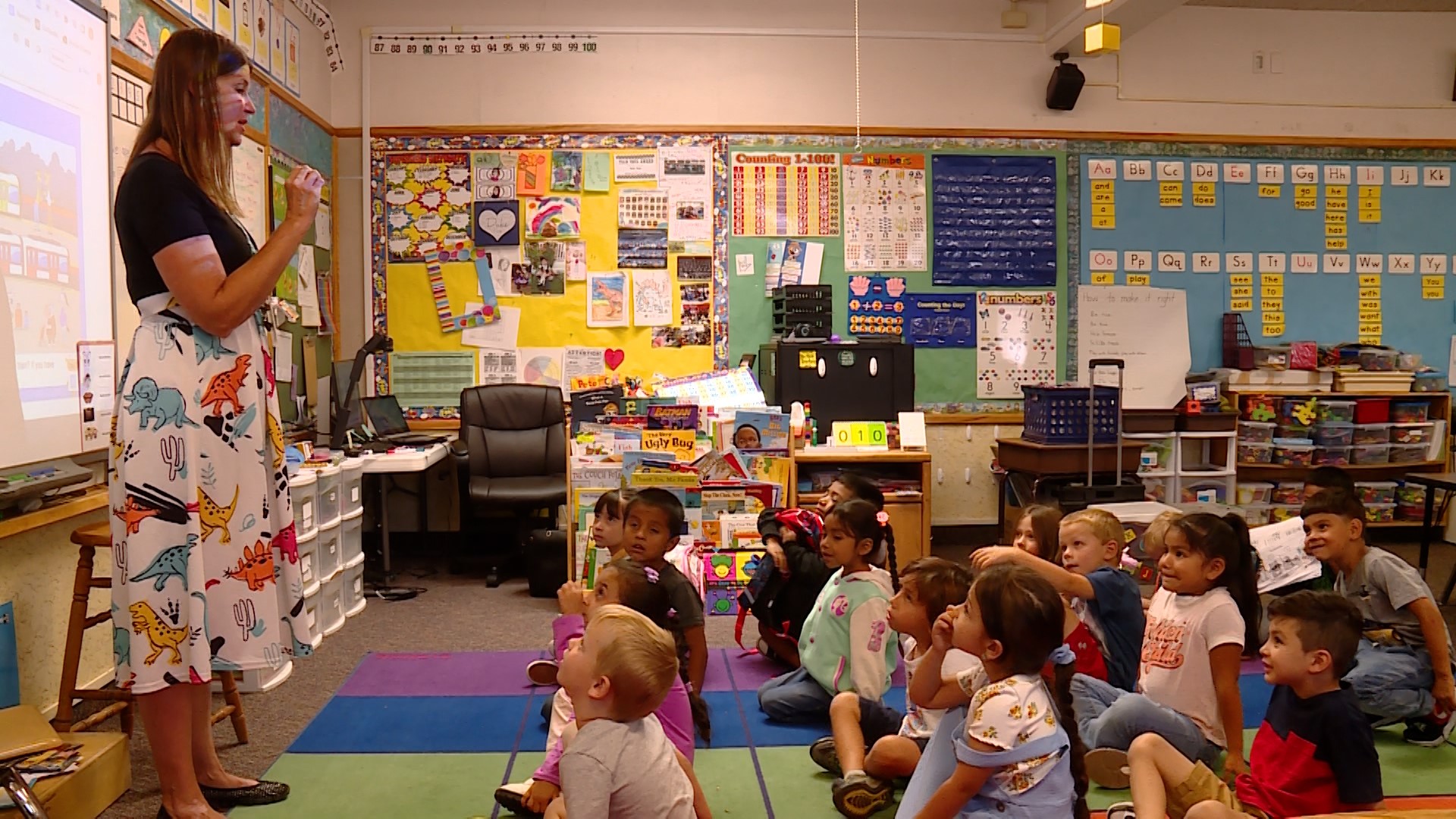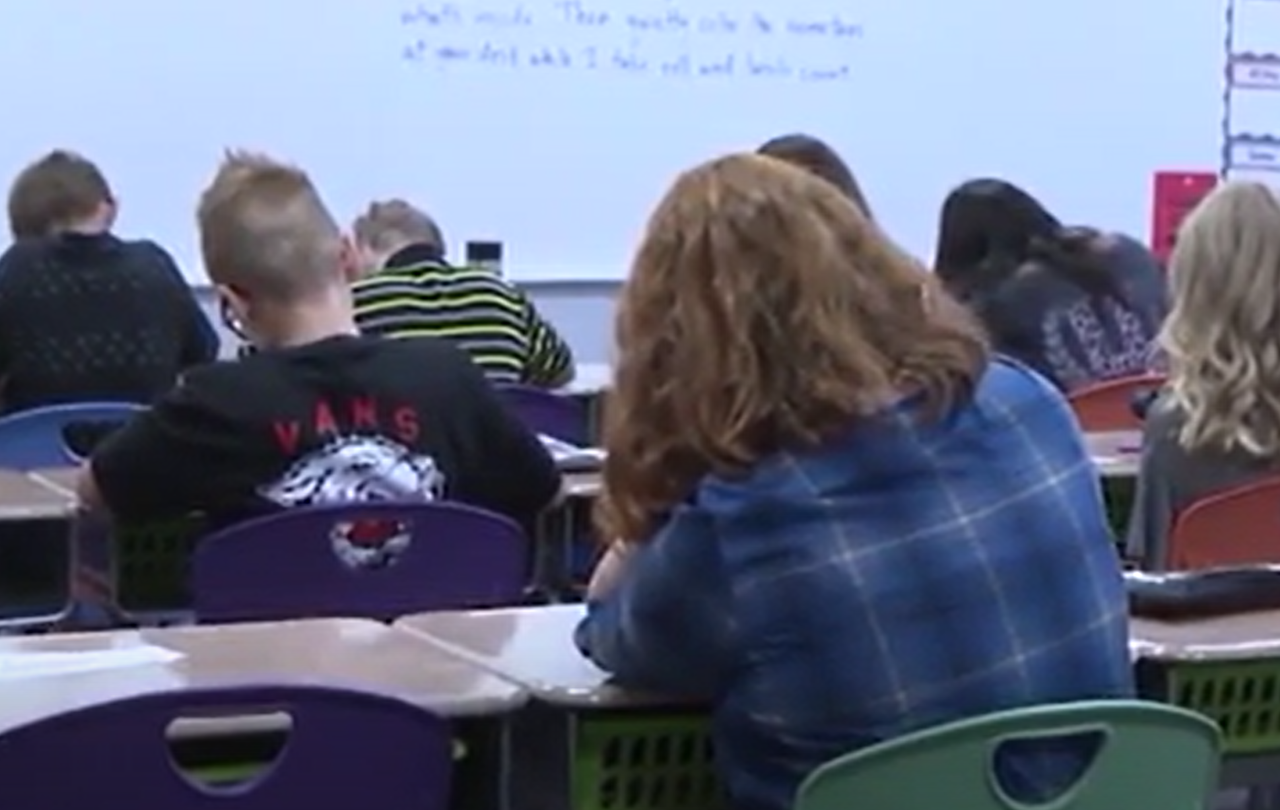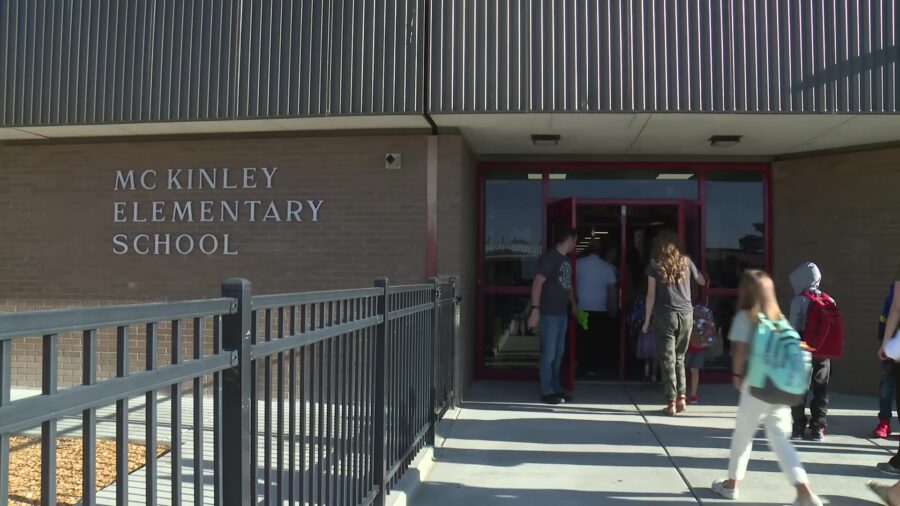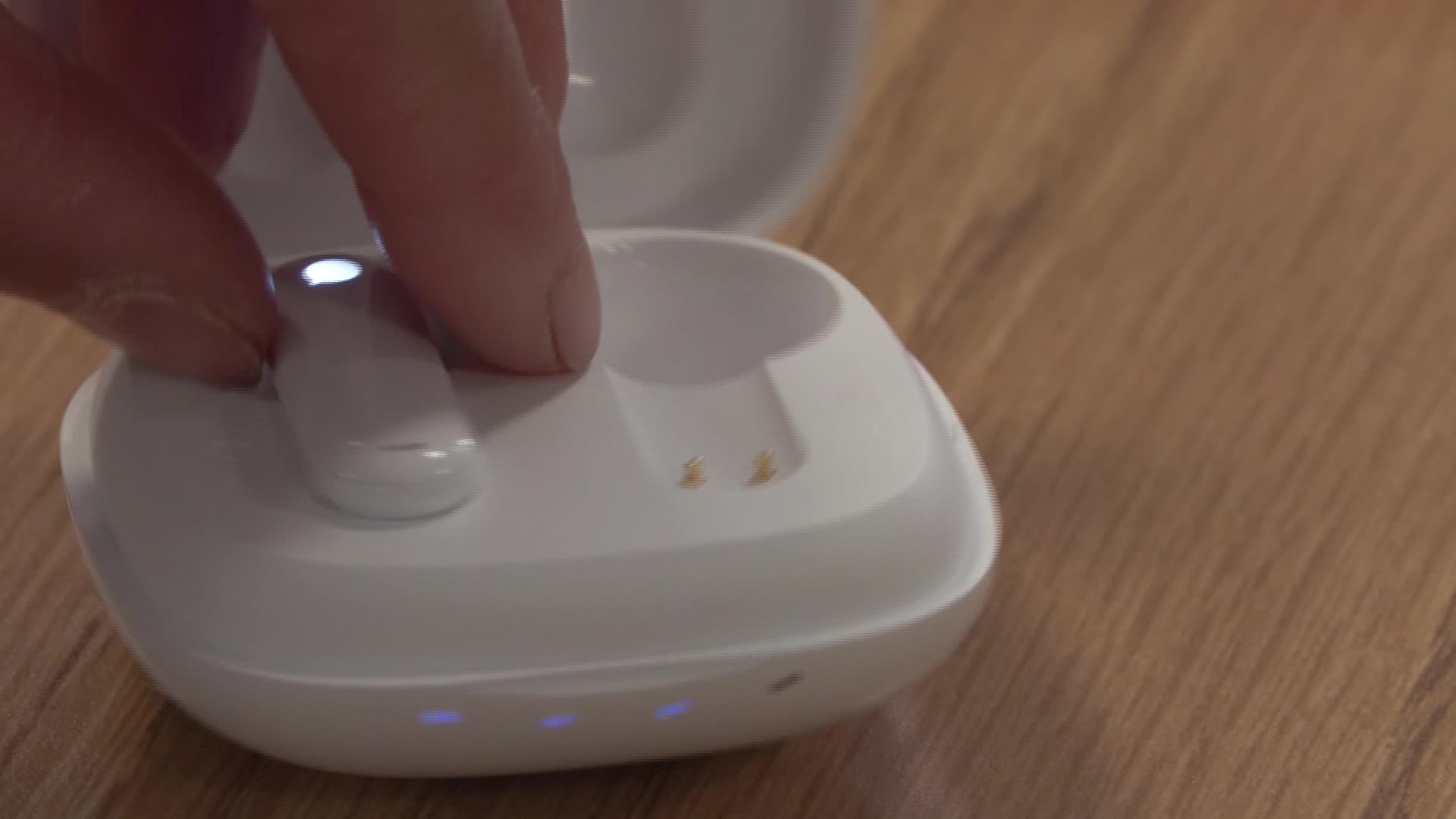Feeling Anxious, Sad During The Pandemic? You’re Not Alone, U Of U Study Finds
Jul 20, 2020, 9:47 PM | Updated: Jul 30, 2020, 3:26 pm
SALT LAKE CITY, Utah – If you’re feeling sad, anxious or stressed, you’re not alone.
Researchers at the University of Utah wanted to know how the pandemic is affecting mental health, and so far, they’re finding more of us are struggling mentally and emotionally.
“I have bad days and good days, and some days are a mix of both,” said Amber Rausch, a mother of five children who lives in Kearns.
Amber and her husband, Weston Rausch, have a 15-year-old son, Gavin, who has autism. He doesn’t understand all the changes caused by the pandemic.
“He gets upset. He does a lot of kicking and punching walls,” Amber Rausch said.
Weston has been unemployed since March. “I got a call, yeah, after about six weeks of not going in,” Weston Rausch added.
Though he’s grateful for the extra time with his family, he worries.
“Just the unknowns … if I’m going to go back to my old job or get something different,” he said.
Early findings from scientists at the University of Utah show all that stress is having a big impact.
About 40 percent of Utahns felt anxious or depressed in April — that’s about double the normal rate.
You can find statewide statistics on depression online.
Specifically, 42.9 percent had a probable diagnosis of anxiety, while 40.7 percent likely had depression, according to the study.
Laura Summers, senior health care analyst at the Kem C. Gardner Policy Institute, said, “Utah has consistently higher rates of self-reported lifetime depression than the U.S. rate — 24 percent versus 18 percent in 2018.”
The good news is those numbers went down in May to more normal rates. Twenty-nine percent of the people participating in the study felt anxious, while 22 percent were showing signs of depression.
“The people that are the most stressed and that are the most depressed and are the most anxious are more socially-economically disadvantaged so they’re having trouble making ends meet,” said psychiatry professor Dr. Tiffany Love.
Roughly 48 percent wanted to spend less time alone, but 22 percent were enjoying the solitude. They showed the lowest amounts of stress, depression and anxiety.
“Being alone is not the same as being lonely. You can be surrounded by people and feel profoundly lonely,” Love said.
The key seems to be emotional support: feeling loved and cared for.
“Being able to maintain your connections with other people is so important right now. Whether that’s through Zoom or you’re in a household where you actually have people to talk to,” Love said.
The Rausches find fishing together helps.
“I think it just gets us outdoors,” Weston Rausch said. “I think that’s what I like most about it. Teaching the kids something new. Getting them away from the computers.”
And those activities have been helping Gavin. “A confidence boost for him when he was able to cast it out on his own,” Amber Rausch said.
Also, helping all their kids see the big picture during a difficult time.
“We’ve definitely had our trials, but you look for the good things, the blessings and you’ll find them,” she said.
The study is following 350 people for the rest of the year. Scientists are also finding that getting enough sleep, exercise and good nutrition helps maintain good mental health.












